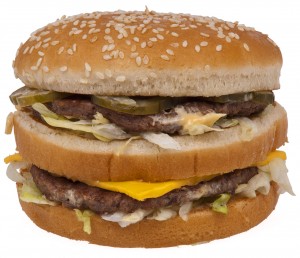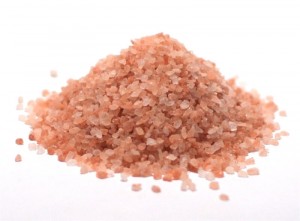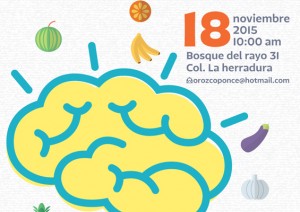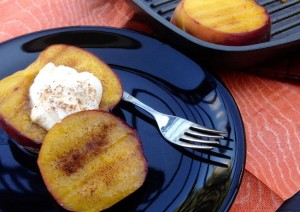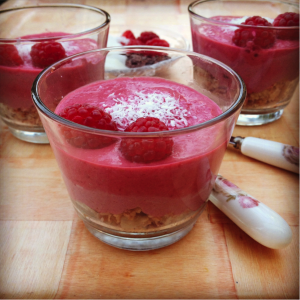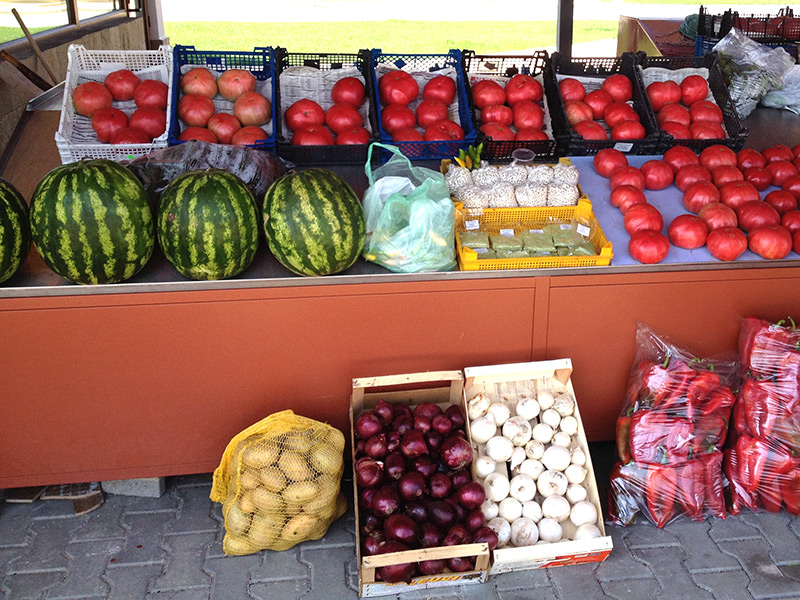
As many of you know, I’ve been in Bulgaria for the past several weeks. One of the things that I love about this country is the easy availability of fresh, natural, (relatively) unadulterated foods. This includes no GMO foods, the growth of which is heavily restricted throughout most of Europe (and much of the world) and totally banned here in Bulgaria.
GMO means genetically modified organism, which is a novel or new organism created by scientists when they genetically modify or engineer food plants. Physicians and scientists have cited many health and environmental risks with genetically modified (GM) or genetically engineered (GE) foods, and the heavy use of chemicals that we’re consuming as a result of the genetic engineering process. As a result of these risks, many people in the United States, Canada, Europe, Japan, and other nations are demanding non-genetically modified (non-GMO) foods.
In the U.S. today, about 90% of the corn, soy, cottonseed and canola (rapeseed) grown is genetically modified; there are many additional GMO crops, as well as animals. The U.S. is by far the largest producer of GM foods in the world. It is also home to Monsanto, an agricultural giant and the leading manufacturer of GM or genetically modified seeds – this is a very large global business.
The Bulgarian Minister of Agriculture has said that Bulgaria has no need for GMO crops. According to him, local agricultural models are well adapted to the climate and soil conditions and have a high ecological plasticity and a broad genetic base.
The vegetables and fruits here look and taste the way I remember them from my childhood in the US, during the 50’s – not the perfectly-shaped but flavorless varieties so common today. Bulgaria is still largely a nation of small farmers, the way the US used to be, decades ago, and for the most part, they’re still farming here the way their parents and grandparents did.
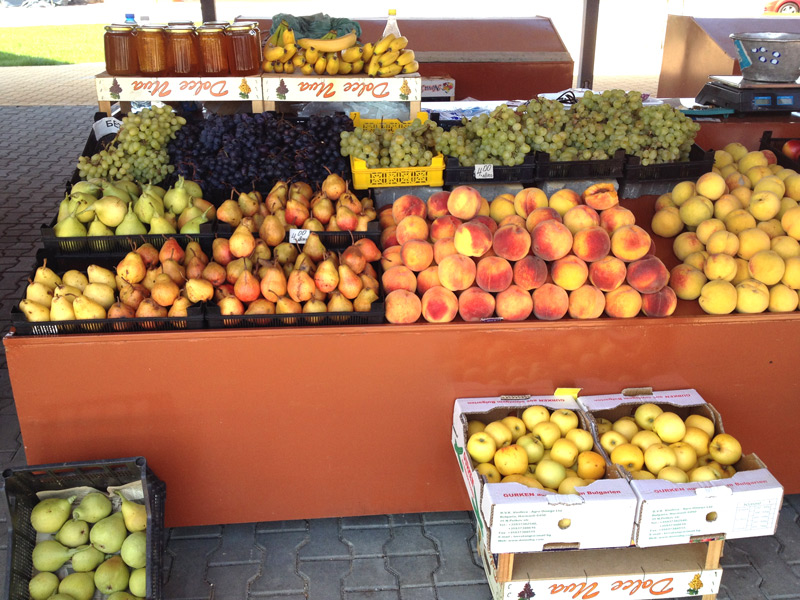
Roadside Produce Stand
The Shopska Salad is one of the most well known dishes and menu items here. It is difficult to find a restaurant that doesn’t offer it, and it is standard practice in many homes, to begin every dinner with a shopska salad. Essentially, it is fresh tomatoes, cucumbers, onions, bell peppers, parsley, and a local white cheese that resembles feta cheese (Greece is the neighbor to the south). All vegetables are fresh and flavorful! So much so, that often no dressing is used.
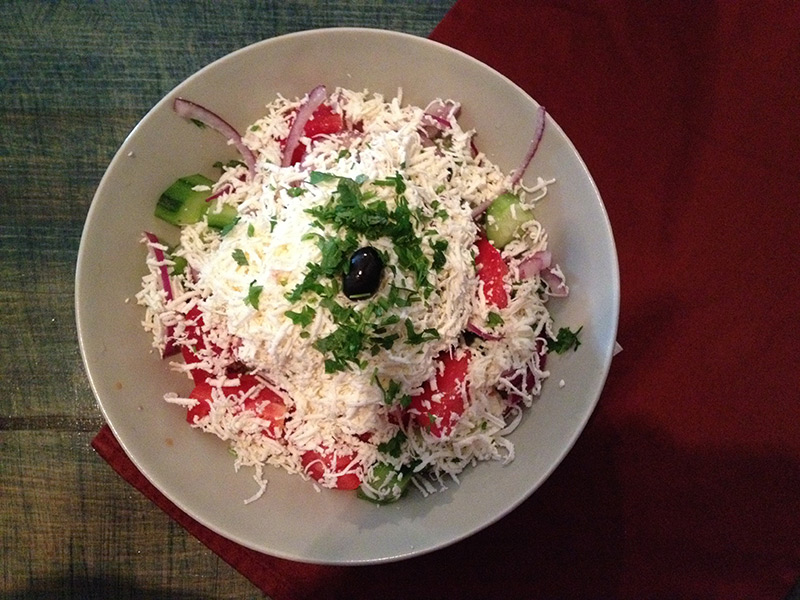
A Shopska Salad from one of my favorite restaurants in Sofia, Merak.
In my next post, I’ll discuss the health implications of GMO foods as well as glyphosate, the active ingredient in the herbicide, Roundup – also manufactured by Monsanto.
